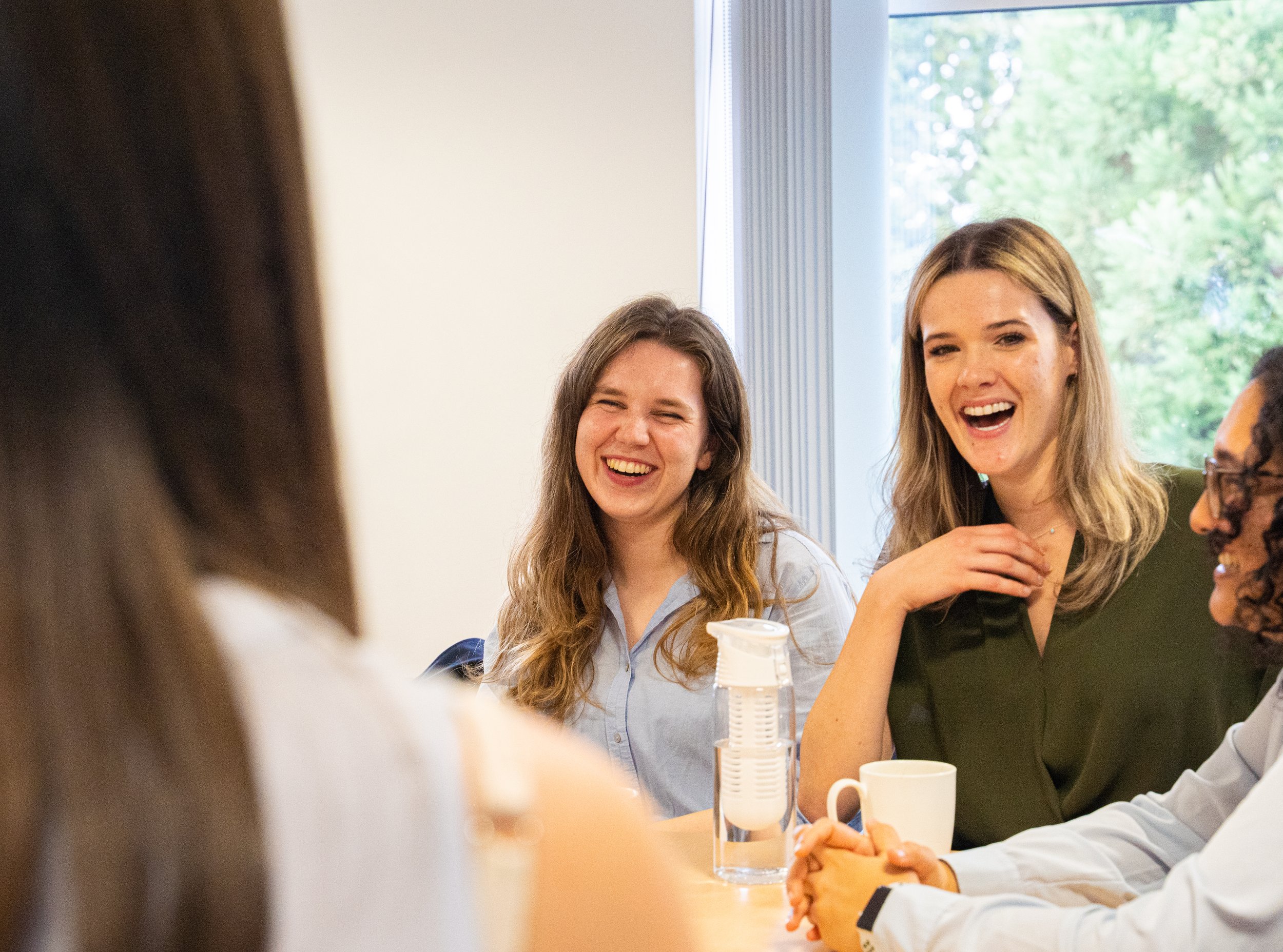
Oakdene Hollins is known as a leading analyst and developer of innovative approaches in the circular economy. Our client mix includes governments, the private sector and trade associations – who we support in leading on environmental sustainability topics. Our specialist areas are developing evidence to guide decision making including filling knowledge gaps, prioritisation of techno-economic risks and opportunities and communication of complex topics to a range of audiences. We are based in Aylesbury and Brussels, with a team of 15 and growing.
Our Mission
Oakdene Hollins is a technical, science-led, circular economy consultancy that delivers creative, strategic, practical solutions to support clients to be environmental and sustainability leaders in their field.
Our Vision
Our vision is for the circular economy to be a fundamental feature of strategic decision making because it is known to deliver economic, social, and environmental value.
Our Story…
Oakdene Hollins is a research and consulting organisation which has been delivering evidence for clients for over 26 years. We have supported organisations and policy makers transitioning to a circular economy since 1994. Traditionally focusing on waste streams and recycling, our expertise has since expanded to broader aspects of sustainability, specialising in the circular economy and aligning to the carbon agenda. You can read more about our history below.
-
Around the time of the release of the Environment Act (EA/SEPA), Oakdene Hollins was founded. Initially, our focus was on mergers and acquisitions, due diligence, and other professional services with an environmental focus.oes here
-
Following the conception and introduction of the UK landfill tax a couple of years prior, and the allotment of landfill tax credits scheme funds, we conducted the Aylesbury vale waste reduction in industry programme
-
England and Wales Waste Strategy released and Waste and Resources Action Plan (WRAP) established. Collaborative working relationship led to a top down assessment of recycling infrastructure for glass, food and drink.
-
Continuing our work in the public sector, following the announcement of the future landfill ban for tyres, this was added to our roster of problematic waste streams tackled.
-
Kicked off a theme that would become a defining area for us – resource efficiency. Specifically, business benefits of resource efficiency programme of work with Defra.
-
Began assessing EU Ecolabel applications and providing licenses to forward thinking organisations in pursuit of sustainable products.
-
Following the Horizon 2020 project – European Remanufacturing Network (ERN) – the European Remanufacturing Council (CER) was founded. This also coincided with our private sector and trade association transition – starting with the M&S Plan A Strategy with a focus on zero waste to landfill.
-
Private sector development saw us move into new sectors and leverage experience and evidence base development approaches honed in public sector work. Alongside SNG and NBF, mattresses became a key topic. Best Environmental Management Practice (BEMPs) for food and drink and STOA delivered for EU commission.
-
Electronics sector with global manufacturers and glass with policy makers.
-
Focus on WEEE policy in the UK and supporting the work of InnovateUK to position the UK as an innovation hub. Work here has focused on recycling technologies and the value retention landscape
-
Value retention, Scope 1-3 carbon, ecodesign of bulky products and policy options (EPR) are key priority areas for our team.
-
As the transition to Net-Zero takes more priority, we see an increase in projects within carbon as well as innovations to move away from fossil fuels such as within batteries and renewables. Advanced technologies, Artificial Intelligence (AI) and other digital innovations such as product passports and QR codes are also developing fields which we are becoming increasingly aware of as potential opportunities for products, materials and industries. In addition the insurance sector are becoming increasingly aware of the potential risks associated with climate change and the need to be resilient. Besides Net-Zero, we see a continued momentum towards the circular economy and the implementation and innovation within value retention processes.
How we work
Founded in 1994, Oakdene Hollins supports organisations and policy makers transitioning to a circular economy. Within this transition there are technical, commercial, organisational and societal challenges. Our work identifies the barriers to and levers of change, and brings deep technical and science base research to support decision-making.
Whatever the stage - whether your organisation has been working towards sustainability objectives and is now looking to progress towards circularity, or is just starting out on its environmental journey – we offer objective, evidence based advice to our clients.

What our clients say
“Oakdene Hollins provide us with B2B market research to support our business development. We need this to be independent, objective and thorough – I can recommend them.”






